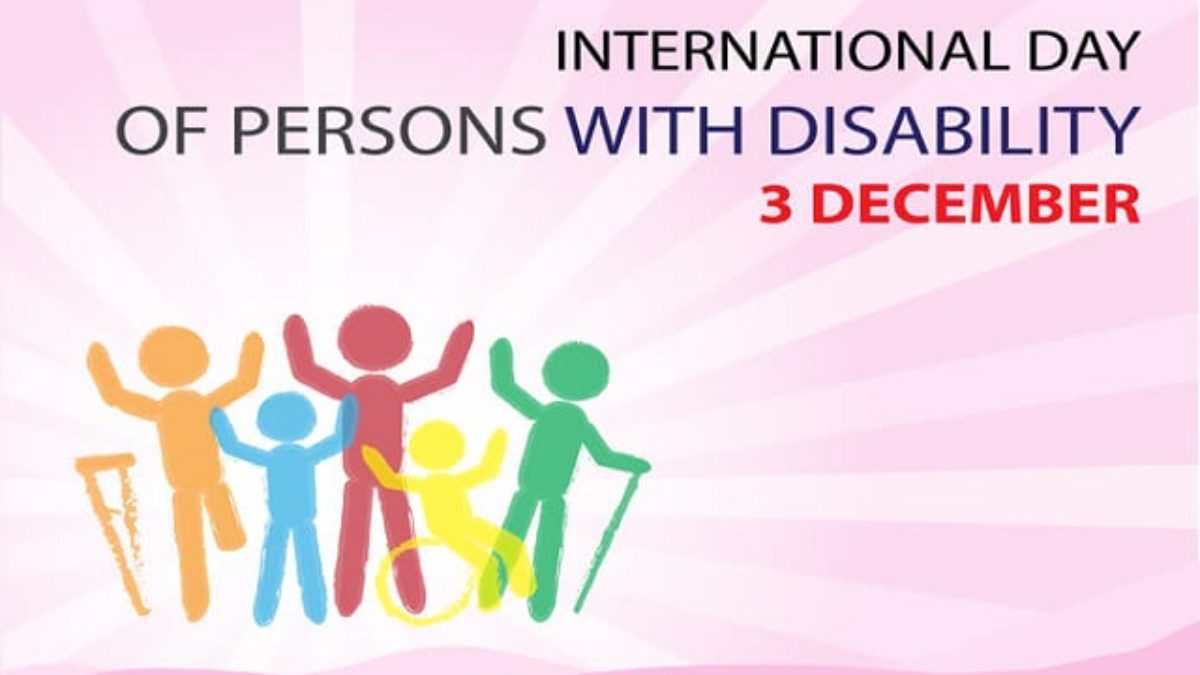International Day of Persons with Disabilities (IDPD) is a UN day that is celebrated every year on 3 December.
The day is about promoting the rights and well-being of persons with disabilities at every level of society and development, and to raise awareness of the situation of persons with disabilities in all aspects of political, social, economic, and cultural life. WHO joins the UN in observing this day each year, reinforcing the importance of securing the rights of people with disabilities, so they can participate fully, equally and effectively in society with others, and face no barriers in all aspects of their lives.
Annually WHO decides on a theme and develops evidence-based advocacy materials such as brochures, flyers, posters, banners, infographics, and presentations, among others. These materials are shared with partners in government and civil society around the world as well as WHO regional and country offices. At its headquarters in Geneva, WHO organizes an annual IDPD event to educate the public, raise awareness, advocate for political will and resources, and celebrate WHO’s achievements.
In 2020, the UN’s theme was “Building Back Better: toward a disability-inclusive, accessible and sustainable post COVID-19 World”. WHO supported this theme by underlining the importance of fostering an inclusive culture and responding to the urgent needs of people with disability in all aspects of society, especially during the COVID-19 pandemic.
More than 1 billion people experience disability, and this figure is predicted to rise, due in part to population ageing and an increase in the prevalence of noncommunicable diseases. Despite this, few countries have adequate mechanisms in place to respond fully to the health priorities and requirements of persons with disabilities.
While disability correlates with disadvantage, not all people with disabilities are equally disadvantaged. Much depends on the context in which they live, and whether they have equal access to health, education and employment, among others.
As governments and the international community continue to battle the COVID-19 pandemic, and chart a course forward, it is essential that disability inclusion is central to health system planning, development, and decision making. Strong, effective health systems support robust health emergencies management.
WHO is committed to supporting Member States and development partners to fulfil their commitment to leave no one behind, by addressing disability inclusion in the health sector, including as part of our efforts to end the COVID-19 pandemic.
Key messages
Many of us will experience disability in our lifetime, particularly as we grow older
WHO commits to supporting countries to realize a world where health systems are inclusive and persons with disabilities can attain their highest possible standard of health.
COVID-19 has resulted in further disadvantage and increased vulnerability for many persons with disabilities due to barriers in the health and social sectors, including discriminatory attitudes and inaccessible infrastructure.
Building back better requires persons with disabilities to be central to health sector decision making, to ensure barriers are addressed in an inclusive and timely way.
Disability inclusion in the health sector is not only the right thing to do, but also the smart thing to do, as it directly contributes to the achievement of broader global and national health priorities.








.gif)


0 Comments